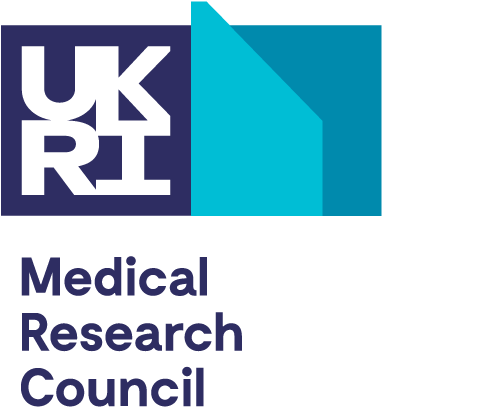The Medical Research Council’s scoring system allows peer reviewers to provide an overall score for an application, taking into account all the assessment criteria. The scoring matrix contains descriptions of what we expect of applications in each scoring band. These should allow the reviewers to identify a score that reflects their overall summary of the proposal.
Score indicators
Exceptional: score 6
A top international programme or a programme of exceptional national strategic importance.
Scientific quality and impact:
- crucial scientific question or knowledge gap or area of strategic importance
- original and innovative; novel methodology and design
- potential for high health and/or socioeconomic impact.
Scientific leadership:
- excellent leadership (track record, team, environment, and collaborators).
Justification of resources:
- potential for high return on investment (resources requested, likelihood of project delivery, anticipated knowledge generation)
- appropriate staff time allocated to deliver the project (principal investigators and co-investigators).
Other:
- ethical and governance issues are fully considered.
Excellent: score 5
Internationally competitive and leading edge nationally or of national strategic importance.
Scientific quality and impact:
- crucial scientific question or knowledge gap or area of strategic importance
- original and innovative; novel methodology and design
- potential for high health or socioeconomic impact.
Scientific leadership:
- excellent leadership (track record, team, environment and collaborators).
Justification of resources:
- potential for high return on investment (resources requested, likelihood of project delivery, anticipated knowledge generation)
- appropriate staff time allocated to deliver the project (principal investigators and co-investigators).
Other:
- ethical and governance issues are fully considered.
Very high quality: score 4
Internationally competitive in parts.
Scientific quality and impact:
- crucial scientific question or knowledge gap or area of strategic importance
- robust methodology and design (innovative in parts)
- potential for high health and/or socioeconomic impact.
Scientific leadership:
- excellent leadership (track record, team, environment and collaborators).
Justification of resources:
- potential for significant return on investment
- appropriate staff time allocated to deliver the project (principal investigators and co-investigators).
Other:
- ethical and governance issues are fully considered.
High quality: score 3
Scientific quality and impact:
- worthwhile scientific question or knowledge gap or a valuable scientific resource
methodologically sound study - potential for significant health or socioeconomic impact.
Scientific leadership:
- strong leadership (track record, team, environment, and collaborators).
Justification of resources:
- potential for significant return on investment (resources requested, likelihood of projected delivery, anticipated knowledge generation)
- appropriate staff time allocated to deliver the project (may be scope to strengthen the management of the project).
Other:
- ethical and governance issues are well considered.
Good quality: score 2
Scientific quality and impact:
- worthwhile scientific question with potentially useful outcomes
- methodologically sound study but areas require revision
- likelihood of successful delivery.
Scientific leadership:
- appropriate leadership (scope to strengthen team; environment; collaborators).
Justification of resources:
- potentially more limited return on investment (resources requested, likelihood of project delivery, and anticipated knowledge generation)
- resources broadly appropriate to deliver the proposal.
Other:
- ethical and governance issues are adequately considered.
Poor quality: score 1
Scientific quality and impact:
- poorly defined question
- methodologically weak study
- limited likelihood of new knowledge generation.
Scientific potential:
- poor leadership.
Justification of resources:
- potentially poor return on investment.
Other:
- ethical and governance issues are not adequately considered.
Last updated: 16 February 2023


